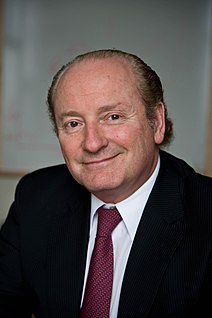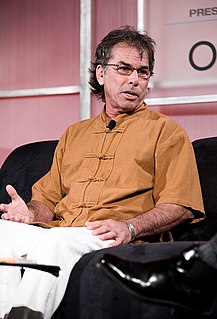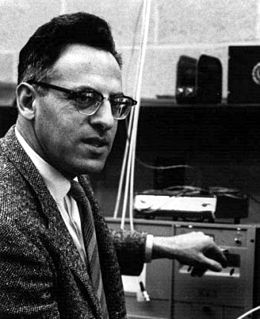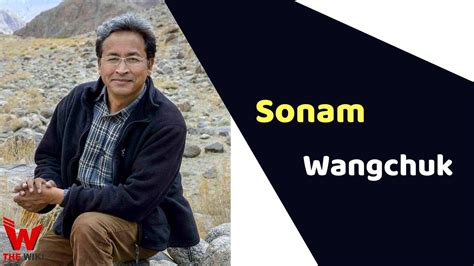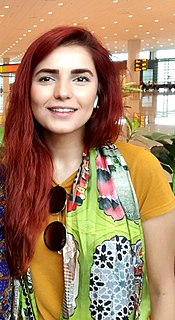A Quote by Robert C. Merton
As an undergraduate at Columbia, I went to the engineering school. I had a great deal of training in engineering and mathematics as well as subdiversified training. And then I went to the California Institute of Technology to do my Ph.D. in applied math.
Related Quotes
Shiv Nadar University has five schools with 16 departments offering 14 undergraduate, 10 master's and 13 doctoral programmes. The demand for engineering courses - computer science, engineering, electronics, communication engineering, mechanical engineering - is slightly on the higher side compared to other engineering courses.
Engineering is not merely knowing and being knowledgeable, like a walking encyclopedia; engineering is not merely analysis; engineering is not merely the possession of the capacity to get elegant solutions to non-existent engineering problems; engineering is practicing the art of the organizing forces of technological change ... Engineers operate at the interface between science and society.
A report released by the Partnership for a New American Economy and the Partnership for New York City predicts that by 2018, there will be 800,000 science, technology, engineering, and mathematics (STEM) jobs in the United States that require a master's degree or higher - and only around 550,000 American-graduates with this training.
